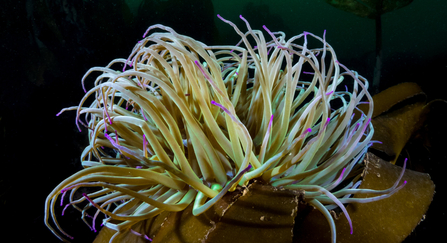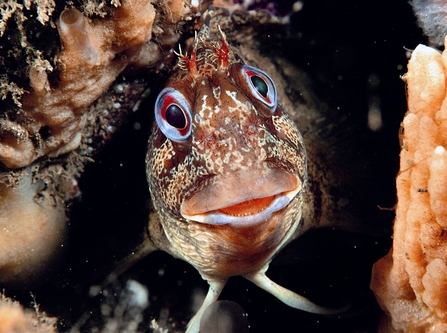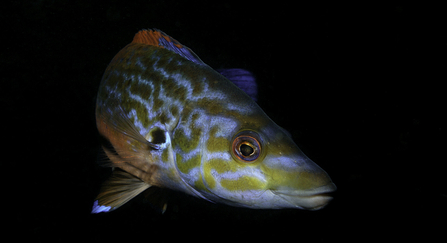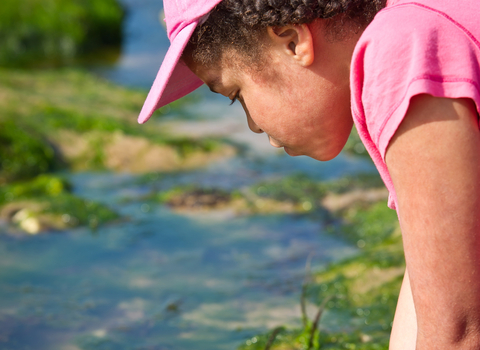Staycations mean more of us are set to discover the delights of our shores and coastal waters, as we visit the seaside for a summer break.
The Wildlife Trusts’ National Marine Week is celebrating the intriguing, weird and wonderful lives of shore dwellers and coastal citizens. From solar powered anemones, fish which dupe their rivals, and rockpool residents battling the elements, and sometimes each other.
Make the most of the coast with Wildlife Trust events throughout the UK, including guided snorkel trails in Devon, a camping weekend of Shore-nanigans in North Wales, and lots of rockpool rambles.
National Marine Week is a chance to celebrate our amazing seas, and I’d urge people to make the most of the coast and enjoy events hosted by Wildlife Trusts throughout the UK.
The Wildlife Trusts are asking people to celebrate our blue planet by making a one-minute rockpool or coastal movie and posting it on Instagram or Twitter using #NationalMarineWeek; for the chance to be featured by The Wildlife Trusts on social media and win a prize. Film a fish, study a snakelocks, or linger on a limpet – and post your minute movie to celebrate the sea!
Solar power, sneakers, and sex changes, - fascinating marine wildlife strategies




